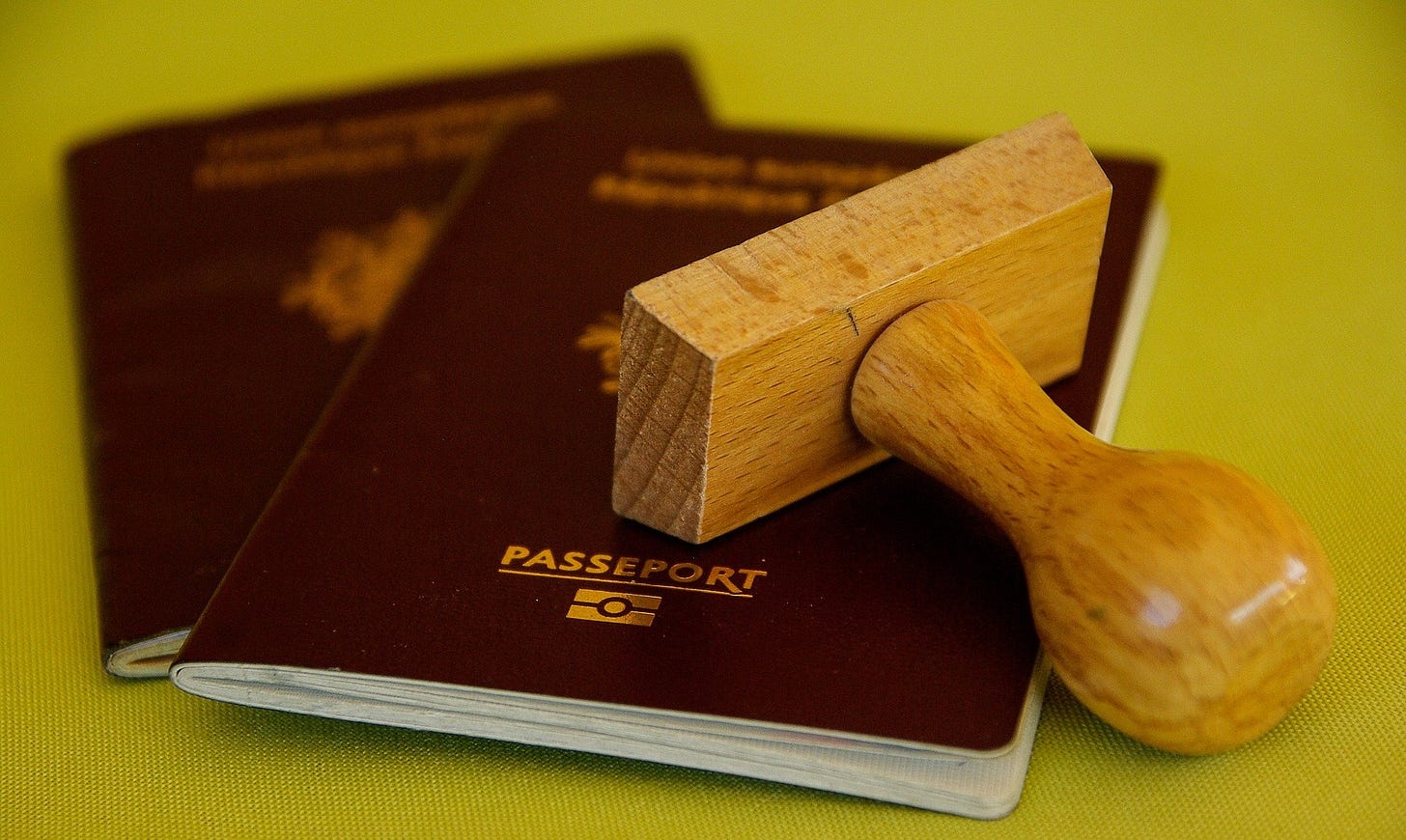Vaccine passports to freedom or to unfairness?
Connected consumers weekly round up #5
Picture by Jacqueline Macou
Vaccine passports to freedom or discrimination? Different types of digital documentation showing people’s covid-19 health status are being proposed across the world (see this great tracker from the Ada Lovelace Institute here). Proving your health status for travel to areas with endemic disease, or ‘occupational vaccines’ in the health service are commonplace. But with incomplete knowledge of how this coronavirus will change, and of its short and long term impact on individuals, any ID system would probably also need to show whether you are immune, recently tested, as well as your vaccination record to be useful. It’s not hard to imagine other risk factors like health conditions, diet, housing, travel etc being included – involving some pretty intrusive tracking of behaviour which thinktank DataEthics worry will lead to a loss of privacy and discrimination. It’s not just summer holidays to think about, consumers without the right pass might find it hard to access shops, public transport or entertainment venues. The pandemic has exposed divisions and mistrust, including privacy concerns with contact tracing apps and national differences in vaccine acceptance. Getting data protection right, protecting marginalised consumers and sticking to the purpose of any ID or passport system will be basic requirements for public uptake.
Who pays for the news in the digital era? This week, the Australian government reached a compromise with Facebook (or caved in depending on your point of view) and the news service has returned to the network. The broader challenge remains of how to fund news in the digital age where the erosion of verifiable and credible news and information has been described as an infodemic. Here’s a piece from tech journalist Will Oremus outlining some other options for funding the news.
The events in Australia show that it’s much easier to analyse the problems that powerful, social digital technology brings than it is to come up with workable solutions. But as we get closer to crisis points and a collective sense that ‘something must be done’ we will see more of these type of actions, all of which add up to a push against the status quo created by the former disruptors. Recently we’ve seen existing law applied to address workers’ rights in the gig economy in the UK, and companies de-platforming prominent politicians. In both examples, the European and US approach differed - which is going to be problematic for a globally connected internet. It could be a painful coming of age for platforms and the regulators steering it through.
Supersize me? Platforms branch out with new features: some new tweaks this week are also hinting at a shift in the way platforms do business. Spotify launched a higher quality service (for a higher quality price) and Twitter added a ‘super follow’ feature where people would pay a monthly subscription to keep up with particular accounts. Spotify’s feature is a familiar upgrade but Twitter feels more interesting. It’s the largest social content platform so far to experiment with a paid model, although services like Substack and Patreon have been enabling consumers to make paid subscriptions to newsletters, videos, podcasts or to watch gamers do their gaming. It’s a good reminder of how consumer expectations change along with, or perhaps because of, business models. Consumer advocates have been told for years by tech companies that people would not pay for privacy as free was the norm. If free access stops being the norm, what else might change?
The chips are down: UK consumer group Which? are seeking compensation for Apple and Samsung smartphone owners in the UK. They claim that they paid too much for their phones because dominant chipset maker Qualcomm overcharged the manufacturers, and then these costs were passed onto consumers. Similar cases have been brought against Qualcomm in the US, Korea and Europe with varying results. We’ll have to see what the UK courts decide but it’s another example of consumer groups flexing the muscles of the UK’s opt-out regime and potentially getting 29 million people a refund. See if you could be one of them here: https://www.smartphoneclaim.co.uk/
Longer read: China invented paper money 1,500 years ago, but is now planning to eliminate notes and launch a digital-only currency. This Bloomberg article is free but you may need to register to access.
Short takes
Ranking Digital Rights annual index rates the performance of global technology companies governance, privacy and protection of free expression. In the absence any celebrated leaders, you can see the least-worst here: https://rankingdigitalrights.org/index2020
We use apps to track our spending, steps and sleep so why not use them to track our carbon footprint too? https://www.bbc.co.uk/news/business-55907643
India proposes rules to make Twitter and Facebook take down misinformation and close accounts: https://www.aljazeera.com/news/2021/2/25/india-plans-new-social-media-controls-after-face-off-with-twitter
Chatbots are answering up to 85% of customer queries online and we don’t like it: https://www.thisismoney.co.uk/money/news/article-9291693/Robots-posing-humans-answer-85-customer-queries-online.html


